Traditional banks have invested over $100 billion in blockchain and digital assets since 2020, according to “Banking on Digital Assets,” a Ripple-backed report with CB Insights and the UK Centre for Blockchain Technologies. The study analyzed 10,000 blockchain deals and surveyed 1,800 global finance leaders, revealing that banks are accelerating investments in custody, tokenization, and payment infrastructure despite regulatory uncertainty and market volatility.
From 2020 to 2024, financial institutions participated in 345 blockchain deals, with payment infrastructure leading, followed by crypto custody, tokenization, and on-chain foreign exchange. Around 25% of investments targeted infrastructure providers enabling blockchain settlement and asset issuance. Notable projects include HSBC’s tokenized gold platform, Goldman Sachs’ GS DAP settlement tool, and SBI’s quantum-resistant digital currency.
The report shows a strong institutional focus on blockchain’s utility over speculation. Over 90% of finance leaders believe blockchain and digital assets will have a significant impact on global finance by 2028, while 65% of banks are actively exploring custody services—particularly for stablecoins and tokenized real-world assets. However, fewer than 20% currently offer consumer-facing crypto trading or retail wallets.
Emerging markets such as the UAE, India, and Singapore are adopting blockchain faster than the U.S. and Europe, with blockchain investment hitting a post-FTX high in Q1 2024. Ripple positions these findings as proof that real-world asset tokenization is entering an implementation phase, with banks aiming to modernize cross-border payments, streamline balance sheets, and reduce reliance on legacy systems.
More than two-thirds of surveyed banks expect to launch digital asset initiatives within three years, ranging from tokenized bonds to interoperable settlement layers for CBDCs and private stablecoins—marking the next wave of institutional blockchain adoption.







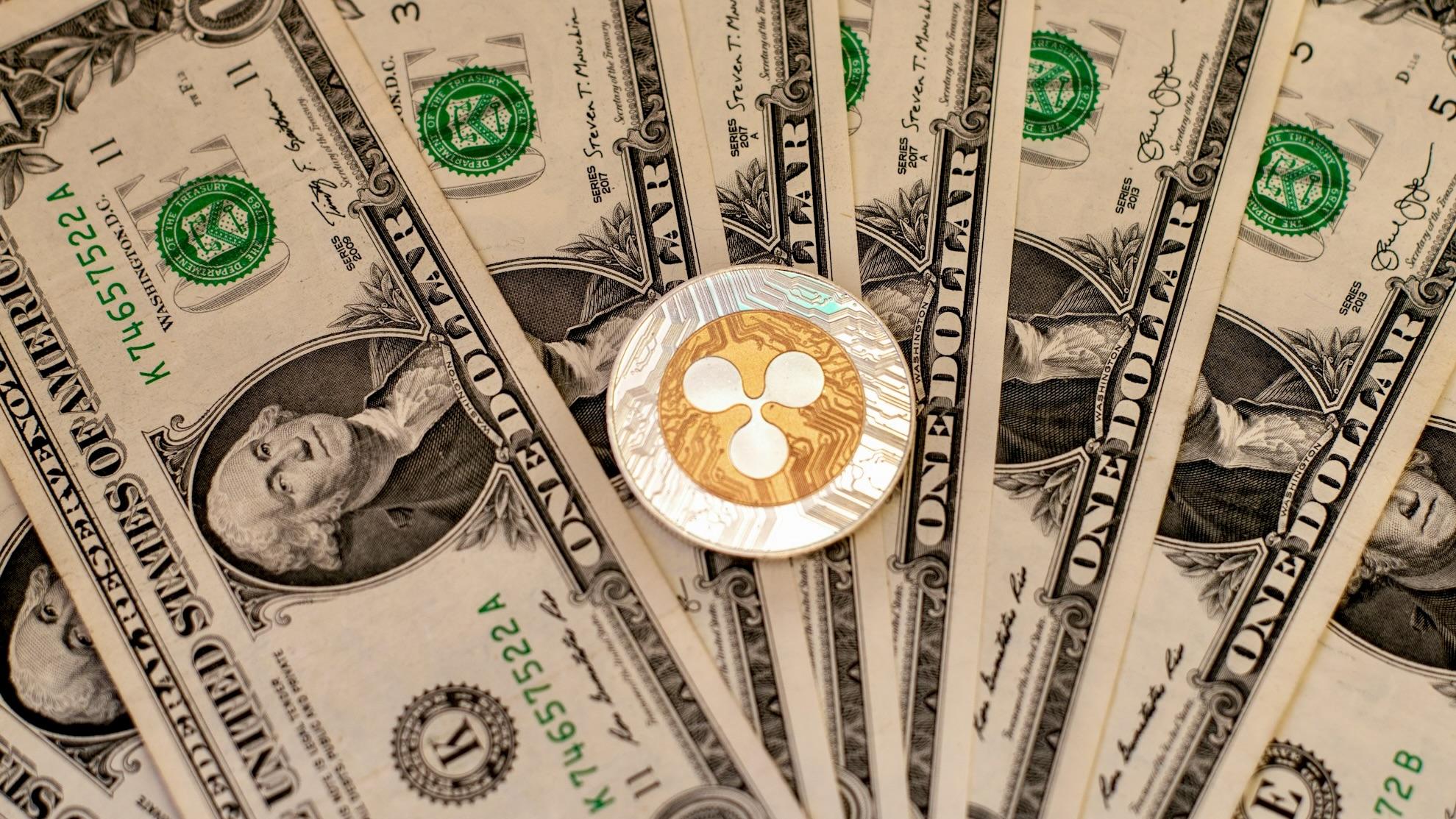



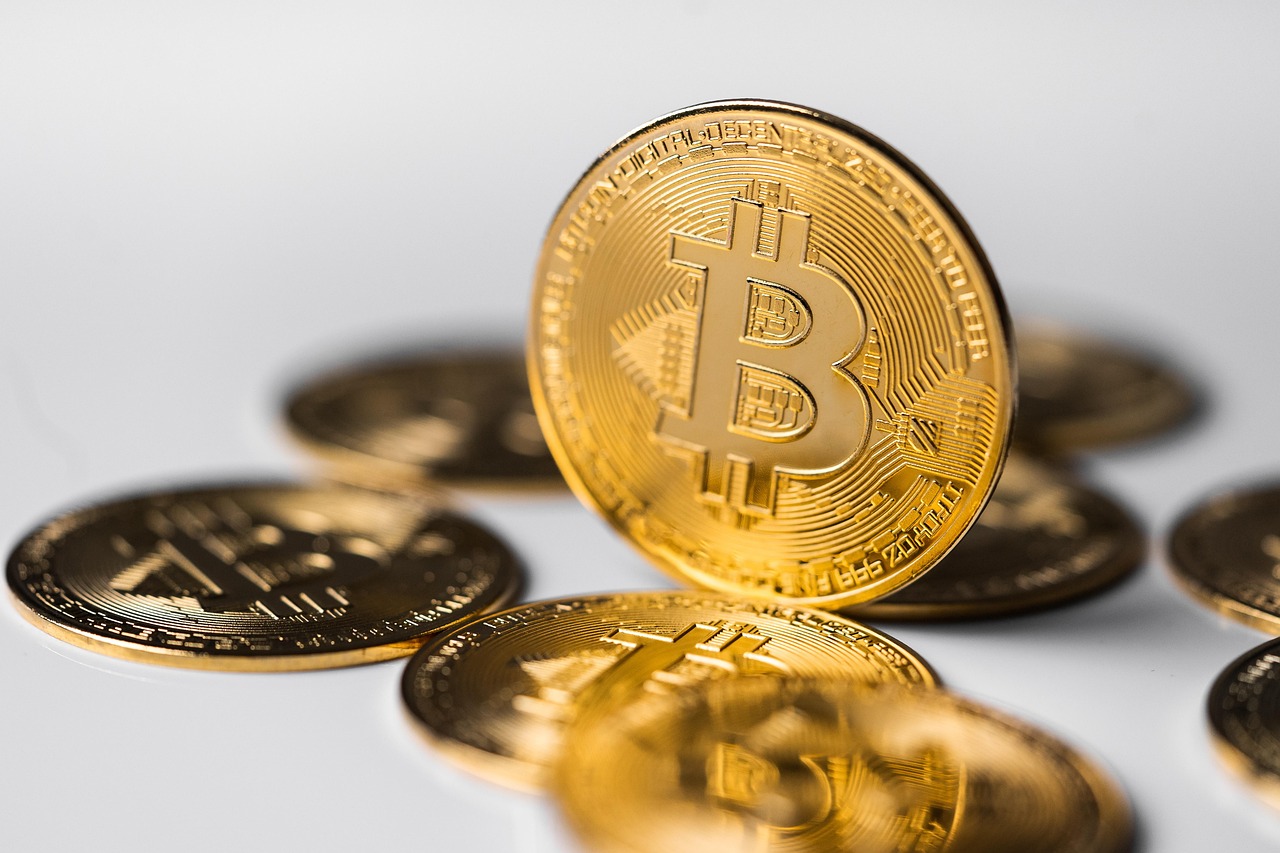
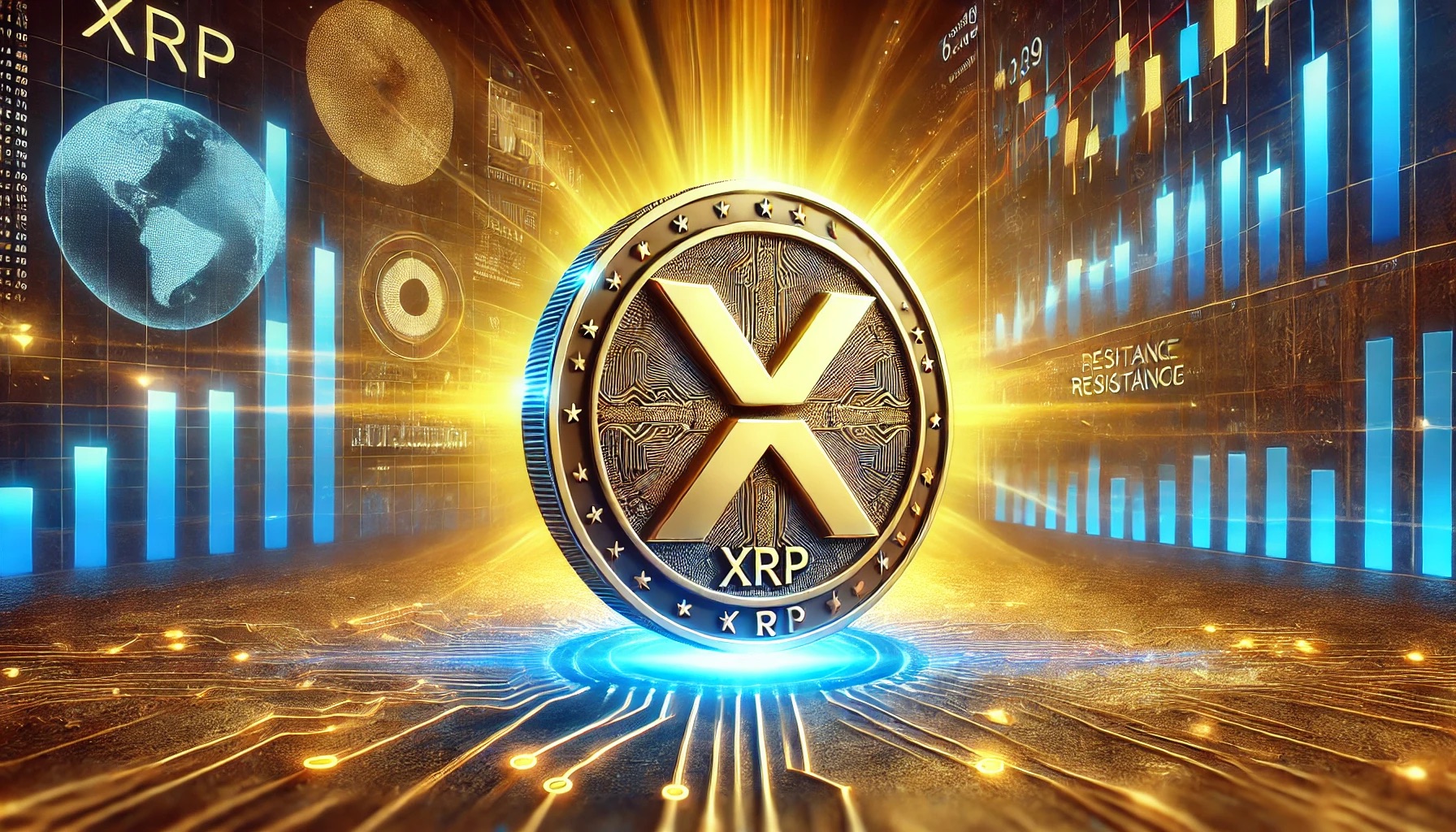




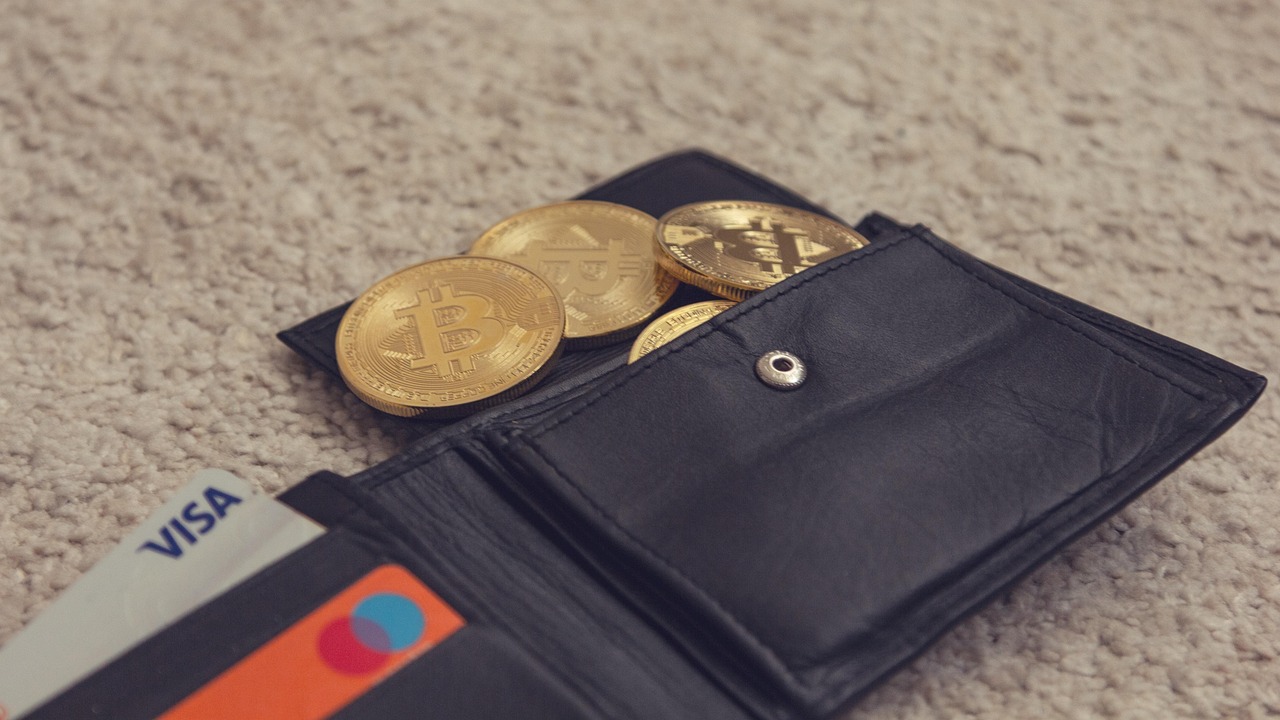

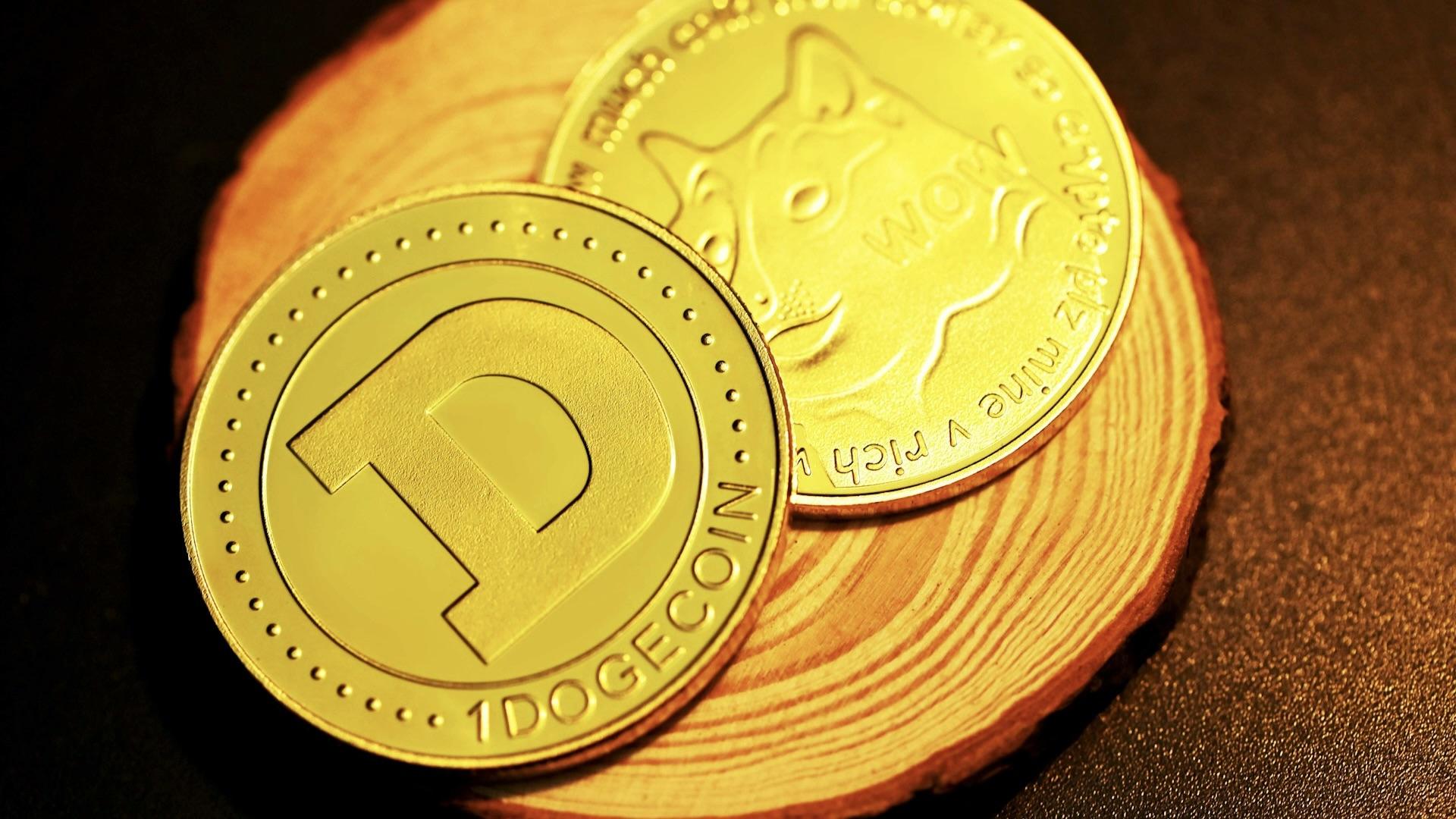
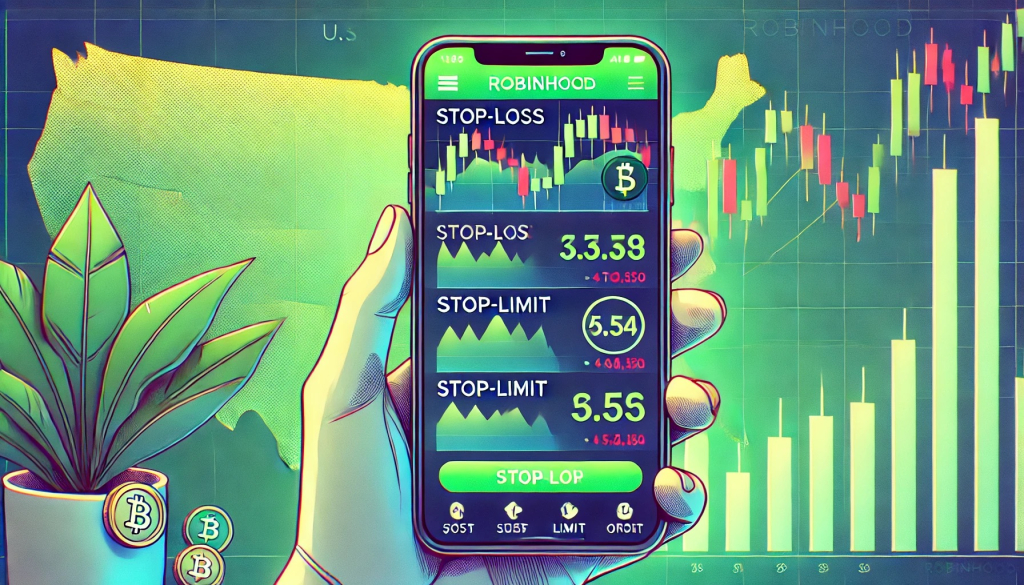
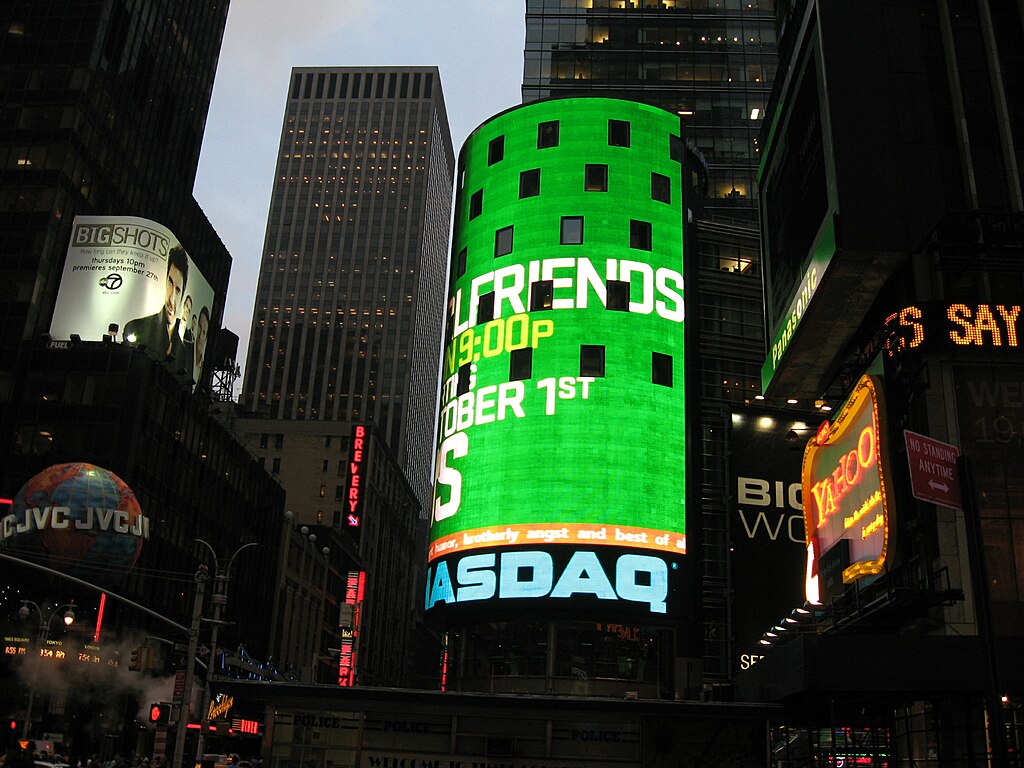

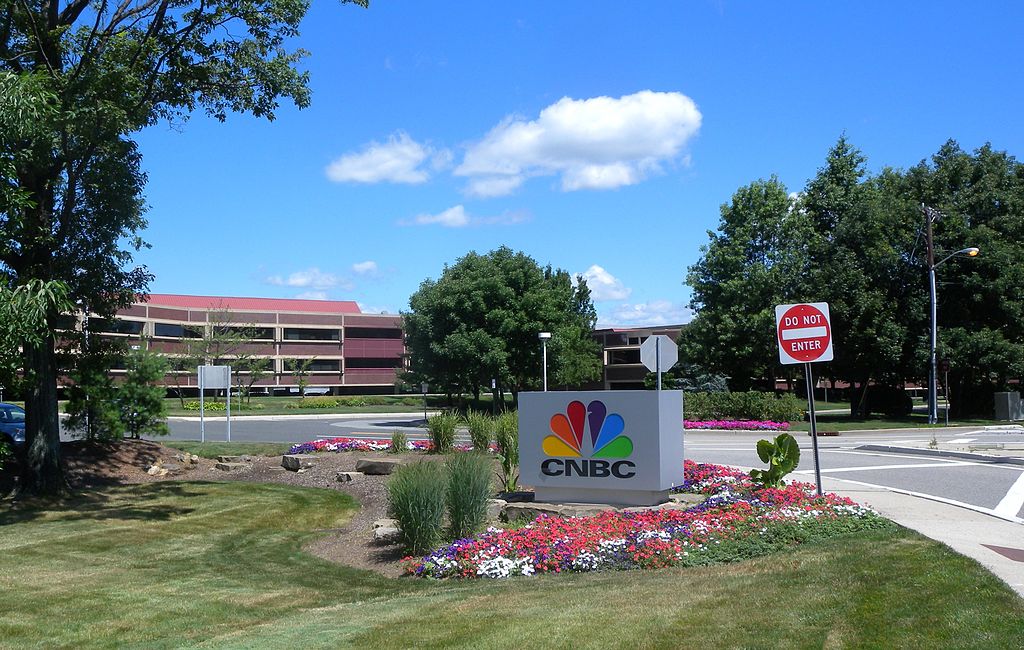

Comment 0